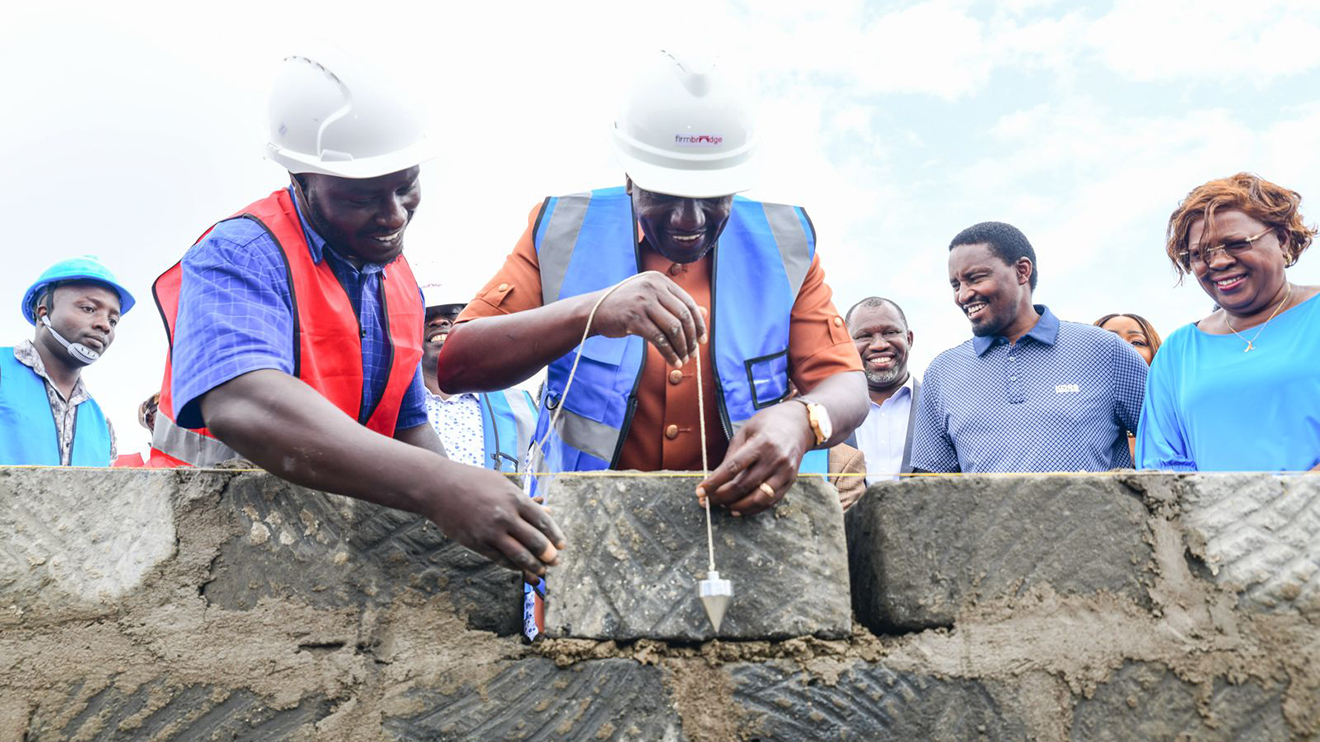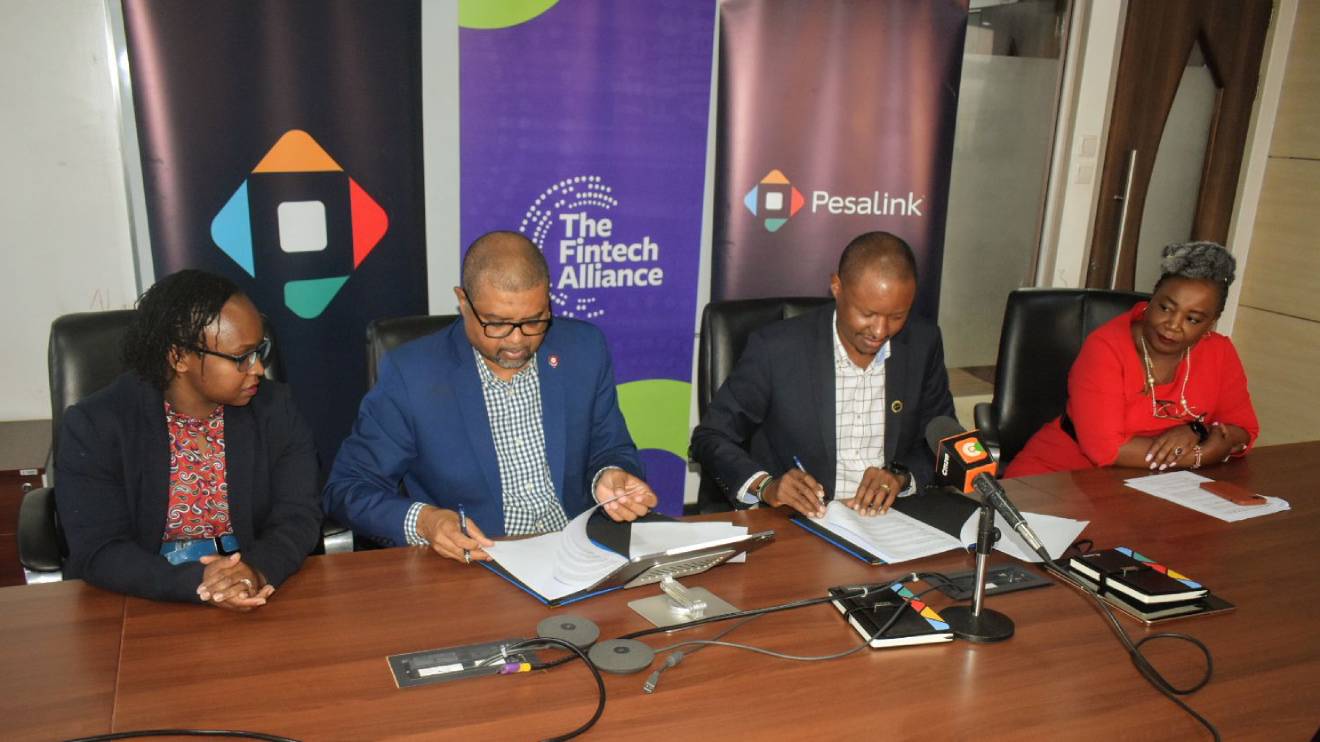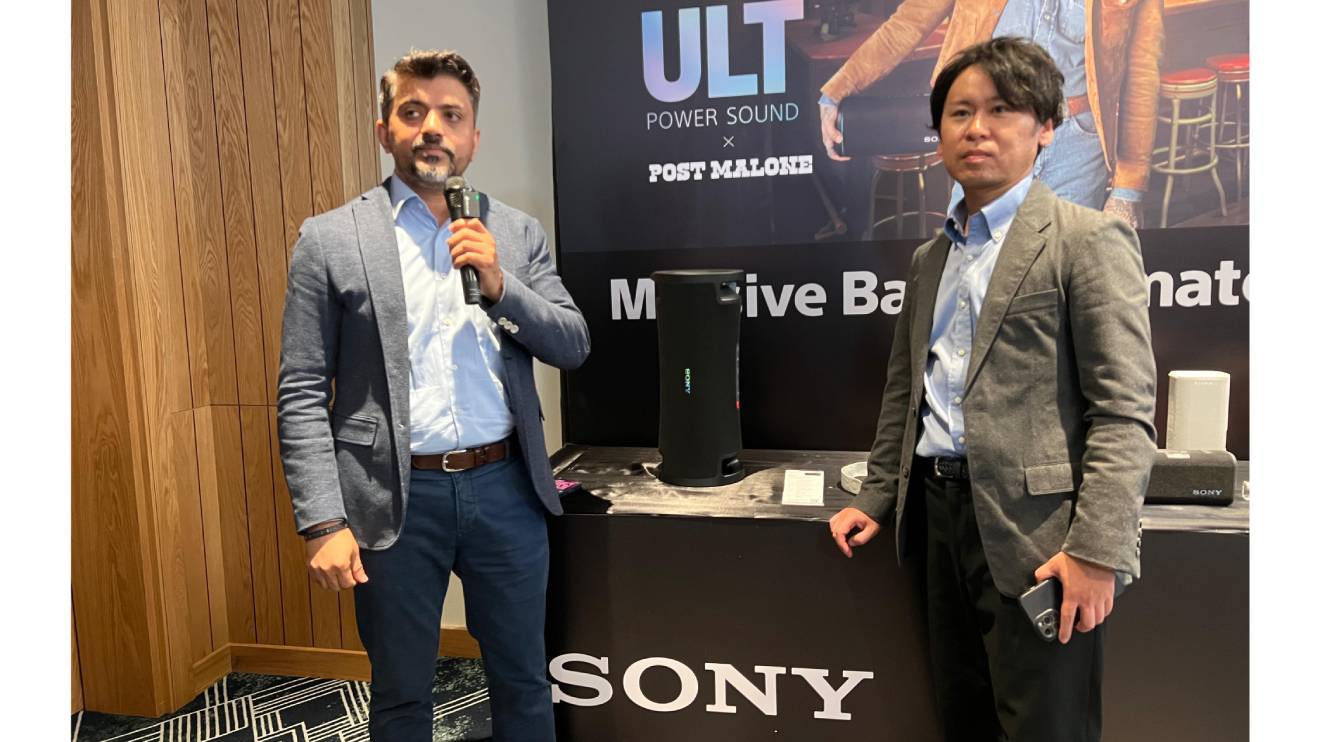If you have ever boarded a matatu with a bag full of dresses, heels, and undergarments hoping to close a sale or waited weeks on end for a client to finish paying off a Sh1,000 dress, you will understand that entrepreneurship in Kenya is no walk in the park.
As we commemorate World SME Day today, I want to share the top lessons I wish someone had taught me before I started my painful business journey in mid-2011.
This is my lived experience of importing stock from China by air, sourcing from Uganda by road, selling online and in an exhibition stall in Nairobi’s CBD, and eventually running out of money, patience, and energy in 2012.
Here are the 10 brutally honest lessons I learned that I hope will help the next Kenyan entrepreneur to make fewer mistakes than I did when they finally venture into business.
1. Starting a Business in Kenya is Not a Romantic Dream
Read More
No one tells you that starting a business in Kenya comes with numerous hurdles that go beyond selling.
In 2011, my first batch of stock that included ladies' dresses, bags, and heels arrived from China through flight and cost me an arm and a leg at the time.
I was taking home Sh29,000 after statutory deductions from my employment at a community radio station hence the decision to start a side hustle to supplement my income.
Purchasing and importing the first stock cost me more than Sh150,000 which consisted of my entire long-term personal savings, M-Shwari and “mchango” from my close friends.
It was all or nothing for me. I thought that was the hardest part.
Then came the real real struggle:
• Licenses I did not know I needed
• City Hall “inspections” that nobody told me about
• “Goodwill” payments for stalls I needed but could not afford
• Hustling in a space where “bribery” was just business as usual
If someone had walked me through the actual startup ecosystem beyond the glossy motivational talks and “I started my hotel with one spoon” fairy tales, I might have prepared better.
Kenya does not just test your business model; it tests your resilience to the highest limit.
2. Capital is hard to access
I did not have a wealthy family or friends at the time, so walking into a bank and walking out with a business loan was a pipe dream for me.
I started by pumping in all my personal savings and took soft loans from Safaricom and people who believed in my passionate dream and then I set off to aim for the galaxies.
But once I needed to scale to increase inventory, rent a better stall, or even buy in bulk, I hit the wall.
All the formal lenders I approached demanded collateral or my financial statements for the past 6 months to one year. I had none.
My SACCO also asked for proof of steady income. I did not have that either.
Today, I understand why microfinance exists, and why alternative funding models like table banking and chama loans are critical for young Kenyan entrepreneurs.
I wish someone taught me how to build creditworthiness early enough.
3. Location choice can make or kill your dream
In late 2011, I made a bold move: I opened a stall in Nairobi’s CBD.
I thought, “Now customers will just walk in.” They did not in the numbers I anticipated.
I had underestimated:
• Foot traffic patterns
• Product-market fit for the area
• Visibility and signage (my stall was tucked away on the third floor of a building located along the busy Moi Avenue)
• The illusion of “being in town” = success
Eventually, rent piled up, stock did not move fast enough, and I was forced to shut down.
I learned the hard way that location is more than a GPS pin; it is about traffic, target market behavior, competition, and accessibility.
4. Clients are your entire brand
When I started selling at the physical shop, online or delivered by matatu, I relied heavily on referrals and repeat customers.
However, I did not have structures to manage orders made, follow up on payments, or track loyal buyers. It was just sales and good vibes!
Some customers ghosted me after making partial payments, others kept asking for discounts that ate into my margins, while others made me chase them across town only to say, “Nimechange mind” or “hakuna colour ingine?” and selecting an item themselves online.
In Kenya, customer retention takes more than great products; it needs systems including receipts, order tracking, customer databases, and sometimes even contracts.
That painful part taught me that professionalism builds trust, not just affordability.
5. Understand money, or lose all of it
I knew how to sell, but not how to manage income I was getting.
Money flowed in and out without a plan on how to cultivate it or retain it.
I did not pay myself a salary, did not reinvest consistently, and did not separate personal money from business money so that by the time I realized I was not making enough profit, it was too late.
What I wish I learned then:
• Create a budget
• Pay yourself last, not first
• Save a percentage of revenue, not just profit
• Use tools like M-Pesa statements, simple Excel sheets, or apps like NCBA Now and Zoho Books to track cash flow
Financial literacy is the difference between a business and a glorified hustle.
6. Your survival depends on keeping records
At some point, I could not tell how much stock I had, who owed me, or what I was spending weekly as I had no receipts, no sales records, and no system to calculate return on investment (ROI).
If you cannot track what you earn vs. what you spend, your business is running blind.
Basic tools I now recommend:
• Inventory logbook
• Daily sales tracker
• Debt register for clients who pay in installments
• Monthly profit/loss statement
If I had this system earlier, I might have realized that the CBD stall was bleeding me dry and pulled out sooner instead of waiting until it dug a huge hall in my then shallow pockets.
7. Sourcing from Kampala or Eastleigh? Know the Math
I bought from China initially, but shifted to Kampala’s Nakasero Market befor settling on Nairobi’s Eastleigh malls.
The logistics were easier compared to relying on a pal in China to source for me items I needed then put them on a flight to Kenya, but I did not always calculate true landed cost.
I did not factor in:
• Transport from Kampala to Nairobi
• “For the eyes” on the bus and at the Busia border
• Packaging, wear and tear, or wastage
• Time taken to recover the cost of stock
ROI is not just “Buy at 500, sell at 1,000.” It is what’s left after ALL your costs.
Until you master this, you will always feel like you are working hard but growing nothing.
8. Employees Can Either Grow or Break Your Business
I hired one assistant when I opened my CBD stall.
She was charming at first, then slowly started:
• Underreporting sales
• Taking stock home
• Giving friends discounts I had not authorized
• Selling her own items at my business premises
Worse still, she had no passion for my business and treated it like a stopgap job.
Lessons I took away:
• Hire for attitude first, train for skill
• Set clear policies, and have documentation
• Monitor sales closely or even remotely
• Reward loyalty, but never ignore red flags
A disinterested employee is worse than no employee at all.
9. Scaling is not just about more stock; it is smarter systems
I thought scaling meant importing more.
However, I did not improve my systems so instead of profits, I created chaos.
To scale, I should have:
• Built a customer loyalty system
• Automated inventory tracking
• Trained a trustworthy assistant
• Expanded after stabilizing my current setup
Most Kenyan businesses die young because we scale too fast, too blindly or just don’t know what scaling really means.
10. Failure is not the end; it’s a masterclass
In mid-2012 after an extended excruciating experience, I closed my CBD stall and went quiet.
I had run out of energy, money, and morale.
For years that followed, I could not even muster the energy to talk about it to anyone.
But now I know:
• That experience taught me more than any MBA can
• I now understand margins, clients, employees, and cash flow
• I can advise others from real battle scars
SMEs are the backbone of Kenya’s economy but many of us start blind.
This World SME Day, my hope is that someone reads this and avoids even just one of the mistakes I made.
My key takeaways
Kenya is a tough place to conduct business but not an impossible one.
With the right knowledge, network, and mindset, your dream is valid.
So, whether you are selling dresses on Instagram or dreaming of importing suits from Turkey, start smart, learn fast, and build slow. Your future self will thank you immensely.
If I was to conduct that kind of business again now, I would definitely approach a bank like NCBA due to its varied financial products and services tailored for SMEs including business accounts, loan options, and insurance aimed at supporting business growth and operations.

-1750986800.jpg)



-1723526371.jpeg)

